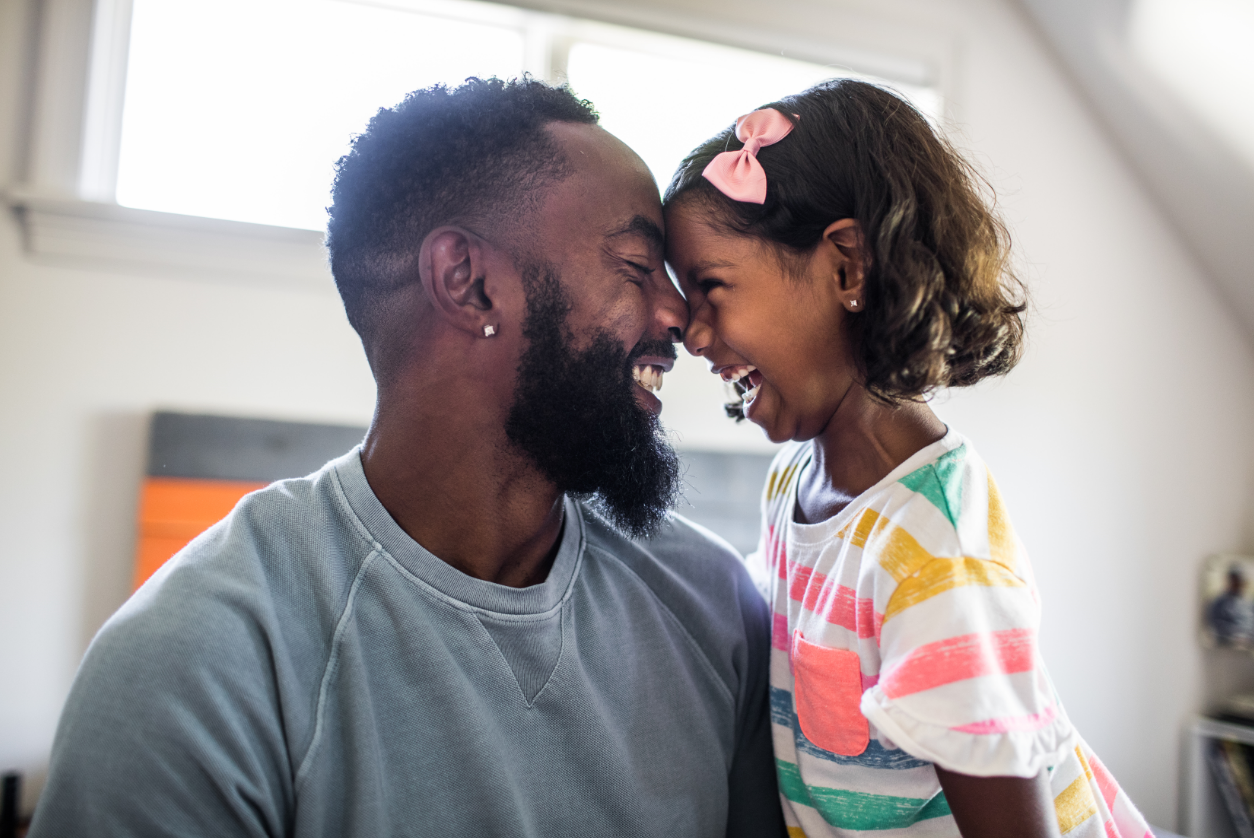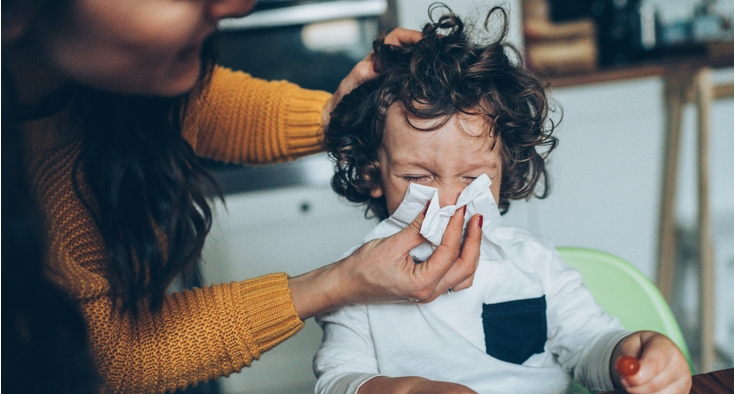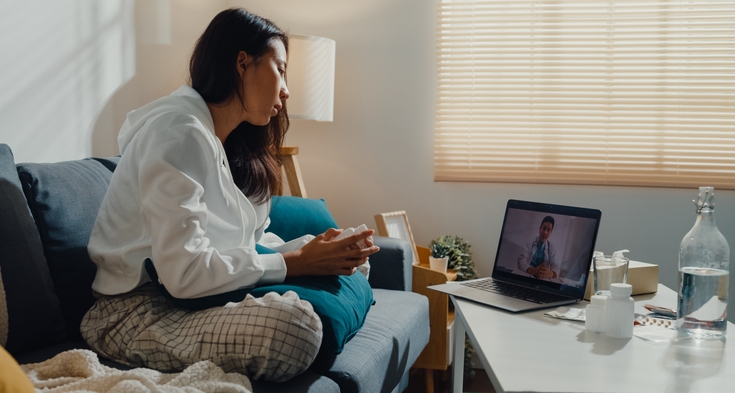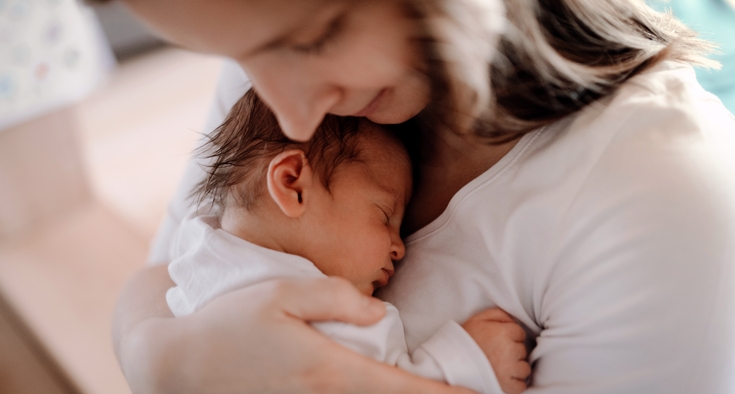Pharmacy shelves are stuffed with options for confronting your child’s cough or common cold.
While there’s no cure for these ailments, over-the-counter (OTC) medicine and holistic treatments can offer some short-term relief. When choosing what to buy, parents should first consider their child’s age and potential side effects.
The American Academy of Pediatrics advises that cough suppressants such as dextromethorphan (known as DM) are risky and should be avoided for children younger than 6, unless your pediatrician says it’s OK.
Think of OTC medication as an immediate way to reduce symptoms of fever or congestion. Drugs supported by research and regulated by the U.S. Food and Drug Administration include acetaminophen (like Children’s Tylenol), ibuprofen (Motrin) and antihistamines (Benadryl).

These are three good standbys to always keep handy in the medicine cabinet, said Dr. Nicholas Preziosi of Novant Health Arbor Pediatrics in Winston-Salem.
Holistic options are generally safe for supporting long-term prevention and overall wellness. Herbal remedies like elderberry can help boost immunity while eucalyptus (Vicks VapoRub) can knock down symptoms.
A combination of OTC and holistic treatment may be the best approach as long as symptoms are minor, Preziosi said. But if things get worse, it’s always best to see your pediatrician. And if you just need to see a doctor or other clinician as soon as possible, Novant Health has a 24-hour guarantee.
Here, Preziosi offers parents some guidance on treating that nagging cough.
Find a caring pediatrician near you.
There are so many choices at grocery and drug stores. Where should a parent start?
This is one of the most common questions I get. Over-the-counter is tried and true, but you also have the holistic option. A lot of holistic treatment is not based in science or regulated by the FDA, but it is usually harmless. Some families see great results while others say they don’t see any. So I usually tell families that it’s perfectly fine to try holistic early on if the child is not too sick.
Other non-drugstore steps parents can take include suctioning the baby’s nose before feeding and naptime. Hot showers and a saline nasal spray work for older kids, as well as extra pillows to prop up their heads. This will move the mucus through the nose instead of into the lungs.
When it comes to cough syrups, parents should not give these to kids younger than 6. Some suppressants contain honey. I warn parents that kids younger than 1 should not have honey. It can contain a small amount of botulism, and infants are at risk of botulism (an intestinal disease) if they ingest it. But a teaspoon of honey before bed or first thing in the morning for kids older than 1 works well.
Depending on how sick my child is, when is over-the-counter medicine the best call?
I recommend OTC if your child is not super sick. If they haven’t had a fever and are doing well other than a lingering cough, OTC is fine.
But if they’re having a fever or generally feeling crummy, it’s good to visit your doctor. We can listen to your child’s lungs to rule out walking pneumonia, which is something that presents itself as a cough and does not go away on its own.
Doesn’t cough syrup only mask the symptoms without addressing an underlying cause?
I get this question maybe two or three times a day: What can I do to stop a runny nose or cough? If I had that answer, I’d be a millionaire. But the only cure is time. We don’t want your child feeling miserable for a week. With over-the-counter medicine, they won’t get better any quicker, but they will definitely feel better throughout the process.
Are humidifiers effective, and which kind is best?
We usually recommend cool-mist humidifiers. If a child is having a lot of nasal congestion, humidifiers can help with coughing, break up that runny nose and make it easier to breathe at night. A humidifier is never going to hurt, and is safe to use whenever your kids are sick.
What coughing sound should alert a parent to call the pediatrician?
Calling the pediatrician is OK for any cough. Just because a cough sounds one way, it doesn't 100% mean one thing and not the other. But for a barking cough you should definitely call a pediatrician.
Dry or wet coughs can point to a variety of things. For dry cough, you’re usually looking at allergies and healing from a viral infection. Wet coughs are usually due to post-nasal drip from a runny nose or pneumonia. It’s good for kids to cough during the day because it’s the body’s natural way to clear the lungs and prevent pneumonia. But at night we want our kids to sleep, so medicines and humidifiers can help with that.

Best doctors. Amazing nurses. Remarkable care.
Click here to read more about our expert children's health care.












